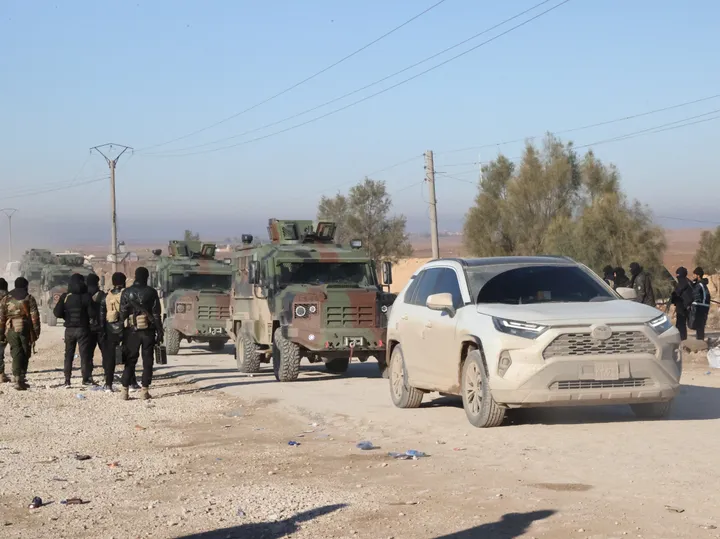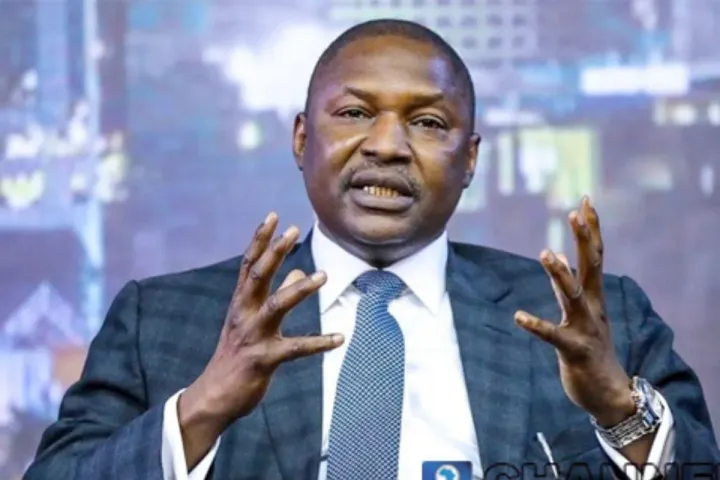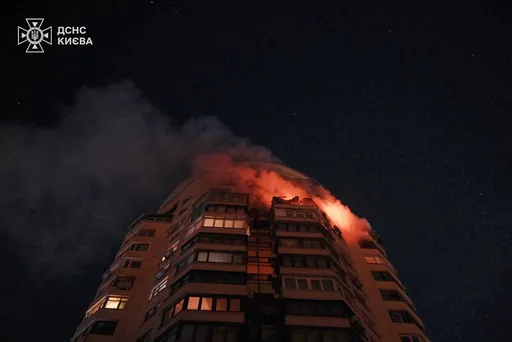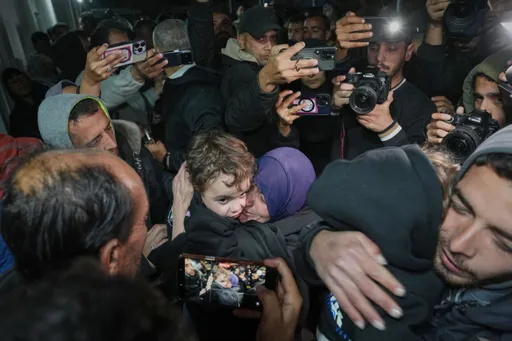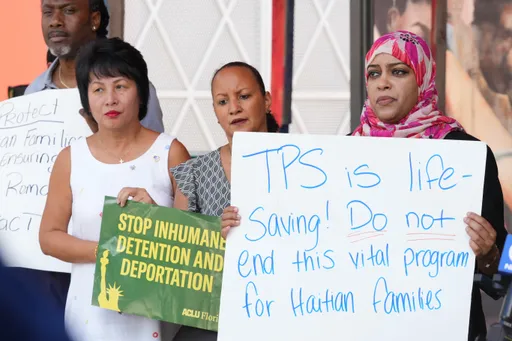Israel has urged the US not to remove Iran’s Revolutionary Guard Corps (IRGC) from its list of terrorist organisations.
“We refuse to believe that the United States would remove its (IRGC’s) designation as a terrorist organization," Israeli Prime Minister Naftali Bennett and Foreign Minister Yair Lapid said in a joint statement.
The statement came after the Israeli Walla news website reported that Washington was considering removing the IRGC from the list of terrorist organisations in exchange for a public commitment from Iran to “stop the escalation in the region.”
Bennett and Lapid accused the IRGC of being "behind the attacks that targeted American citizens and soldiers throughout the Middle East.”
They also accused the IRGC of being involved in “the murder of hundreds of thousands of Syrian civilians.”
“The attempt to delist the IRGC as a terrorist organisation is an insult to the victims and would ignore documented reality supported by unequivocal evidence,” the joint statement said.
READ MORE:Iran 'foils' nuclear site sabotage it ascribes to Israel
Largely symbolic
At the time it was done, the Foreign Terrorist Organization designation was largely symbolic. The IRGC, its leaders and various arms have been layered with punitive US sanctions for years under multiple authorities.
Those sanctions block any assets under US jurisdiction and forbid Americans and US-based businesses — including banks with US branches — from doing business with them.
The terror designation adds to that the possibility of a 20-year prison sentence for anyone found "providing material support" for the IRGC.
Barbara Slavin, who directs the Future of Iran Initiative at the Atlantic Council think tank, said the designation was originally a political move to impress US conservatives and anti-Iran allies like Saudi Arabia and Israel.
Lifting the designation would have "minimal" practical impact, she told AFP.
"This is a situation where the politics seem to be more important than the substance. The IRGC will remain sanctioned, along with its elite Quds Force, under multiple other authorities," she said.
"It's a no-brainer to me that it's worth lifting the designation in return for rolling back Iran's nuclear program," she said.
READ MORE:Israel: Iran nuclear deal could be agreed shortly, but it will be weaker
'Principal malign actor'
US General Kenneth McKenzie, the head of the Central Command covering the Middle East, said Friday that dropping the designation would not change much on the ground.
"The number one objective of the United States with regard to Iran is that Iran not possess a nuclear weapon.
So I think any solution that closes that path to them contributes to regional security," McKenzie told reporters.
McKenzie called the IRGC "the principal malign actor" in the Middle Eastern region.
"As to what the effect delisting them would have, I really don’t know that."
"In terms of the way we think about them, in terms of the way we think about the threat and what they do on a daily basis across the theater, I don't think much would change as a result of that."
READ MORE: Iran claims responsibility for Erbil attacks, targets Israeli 'centre'

